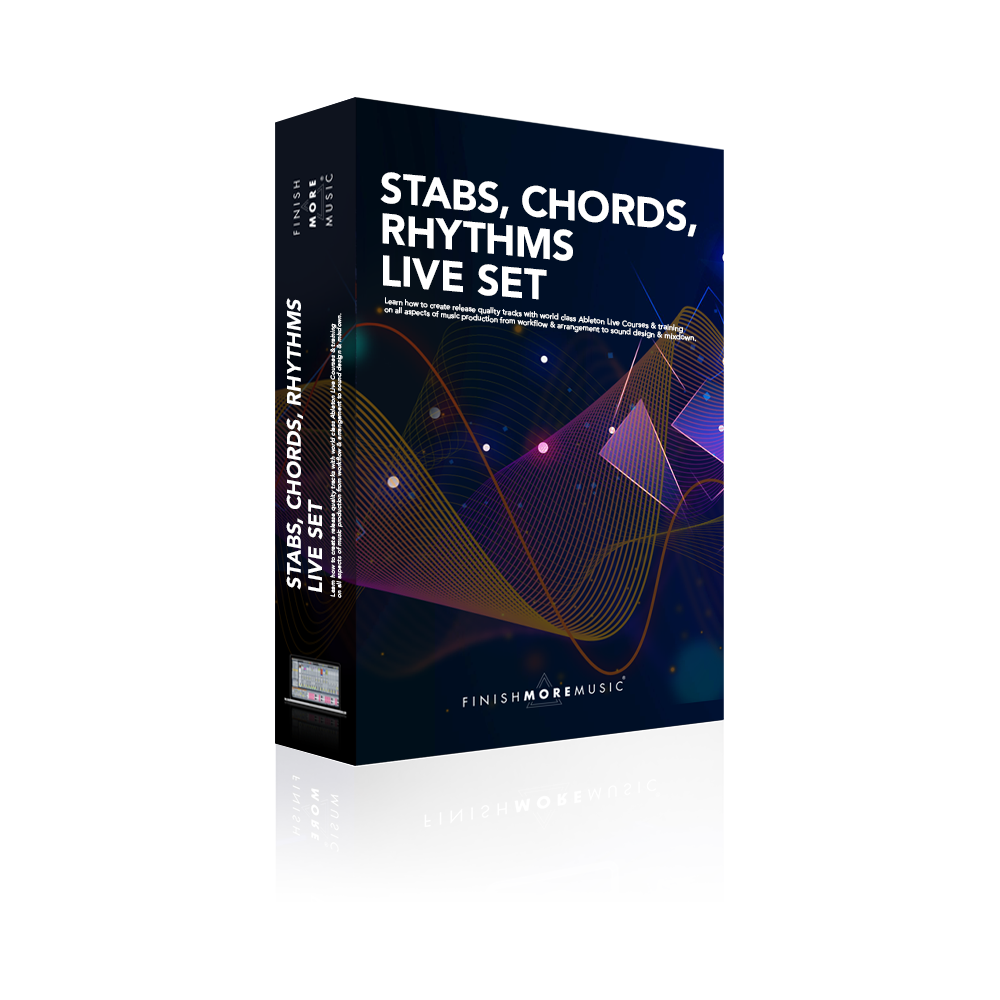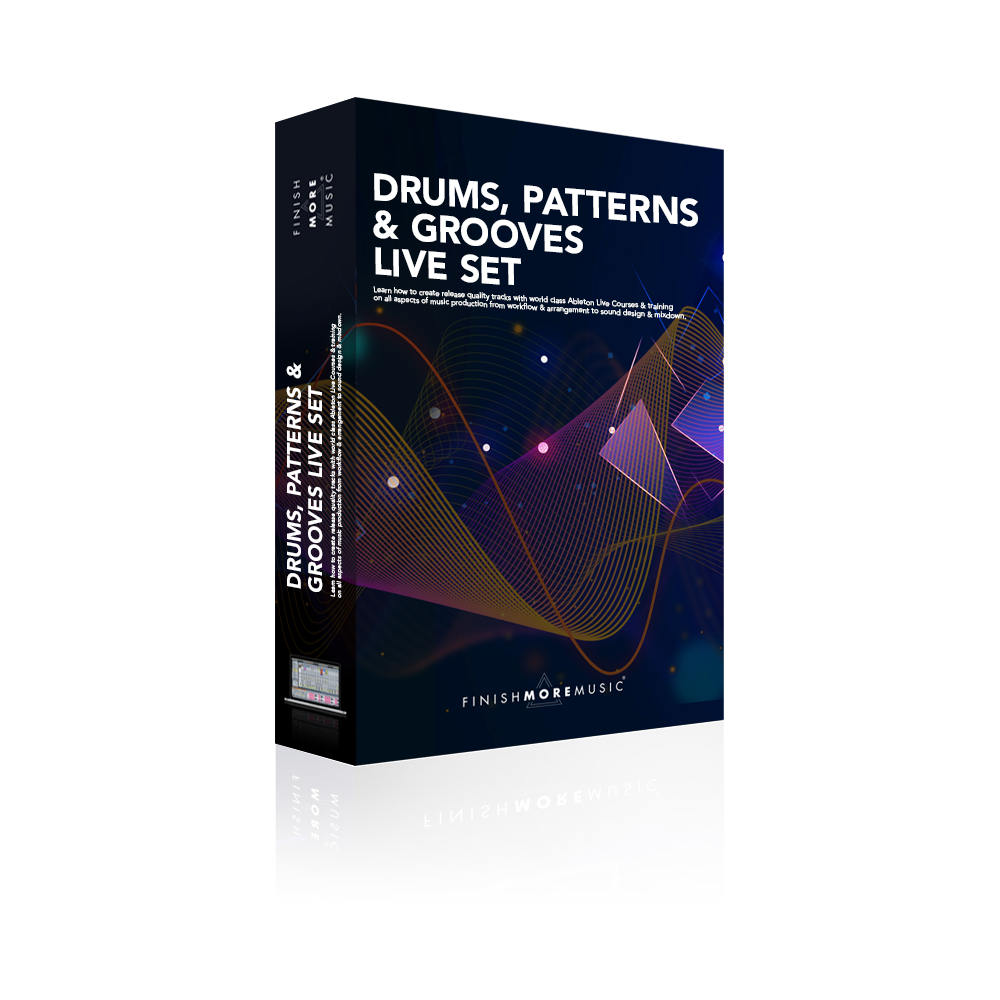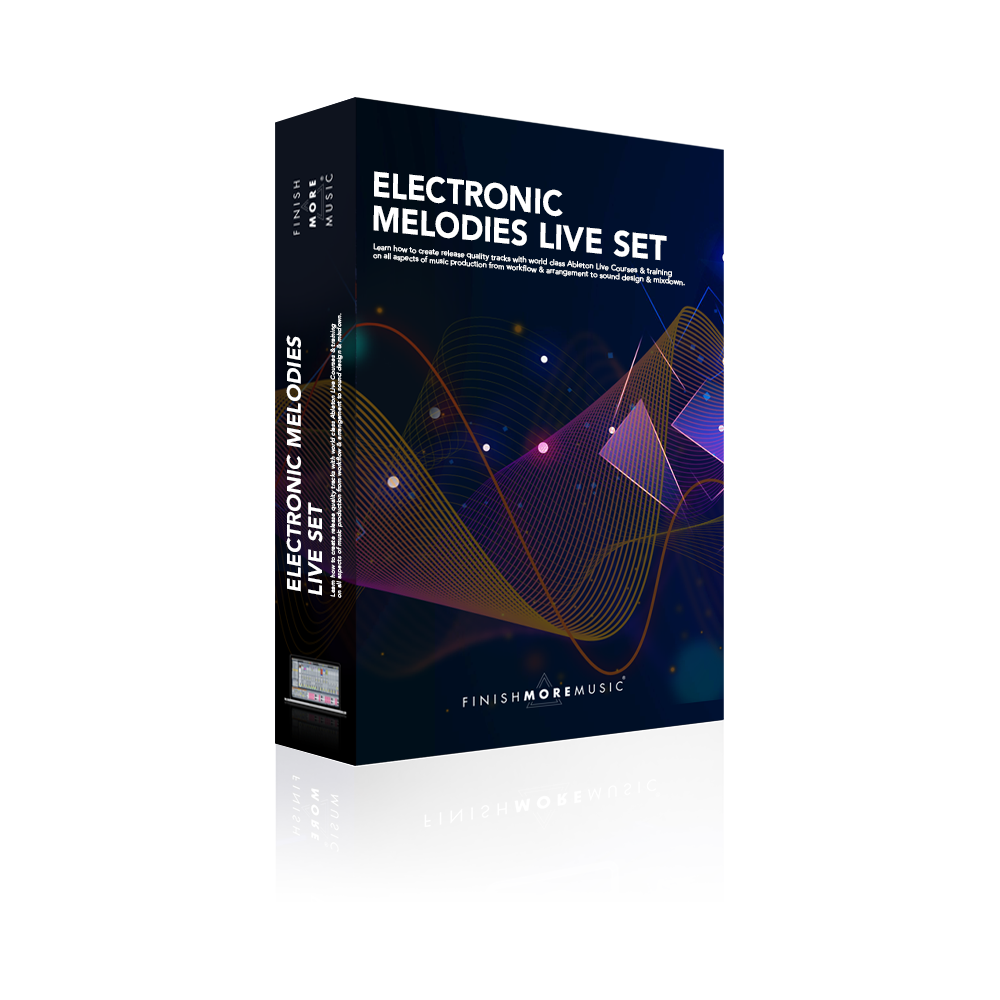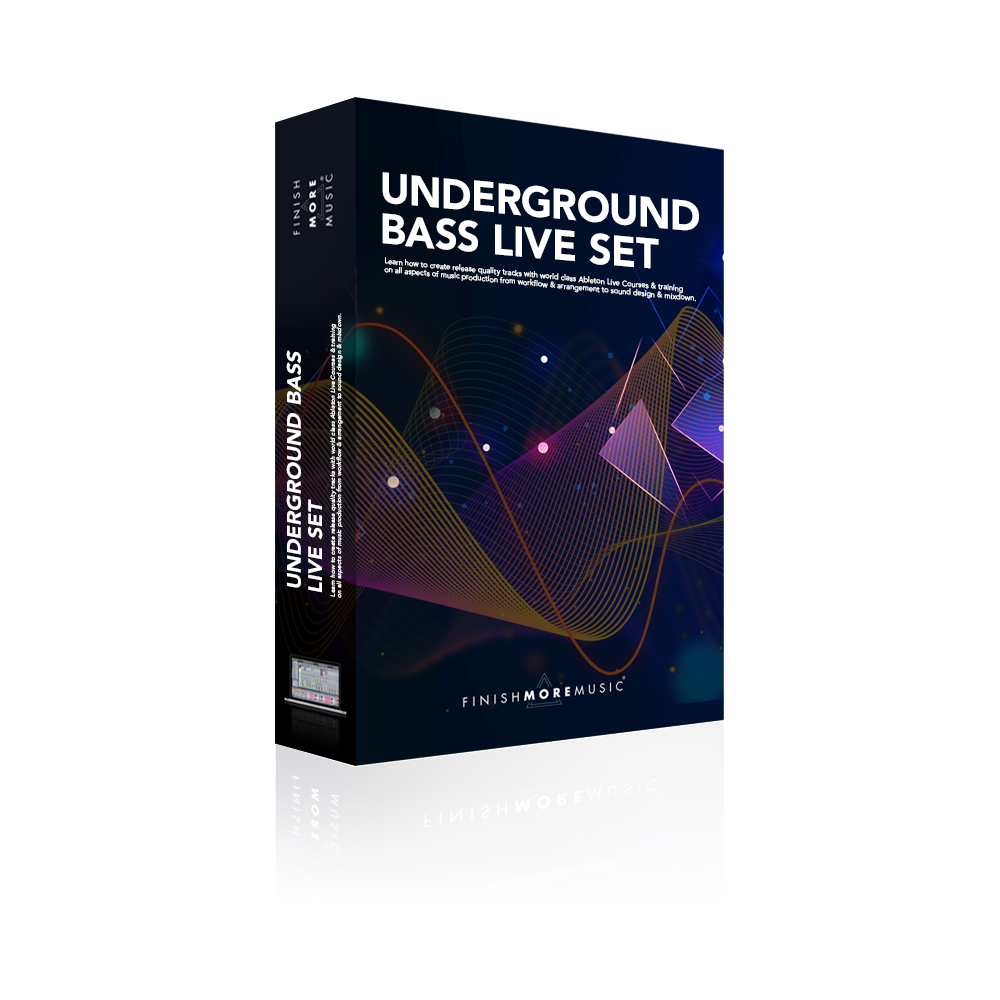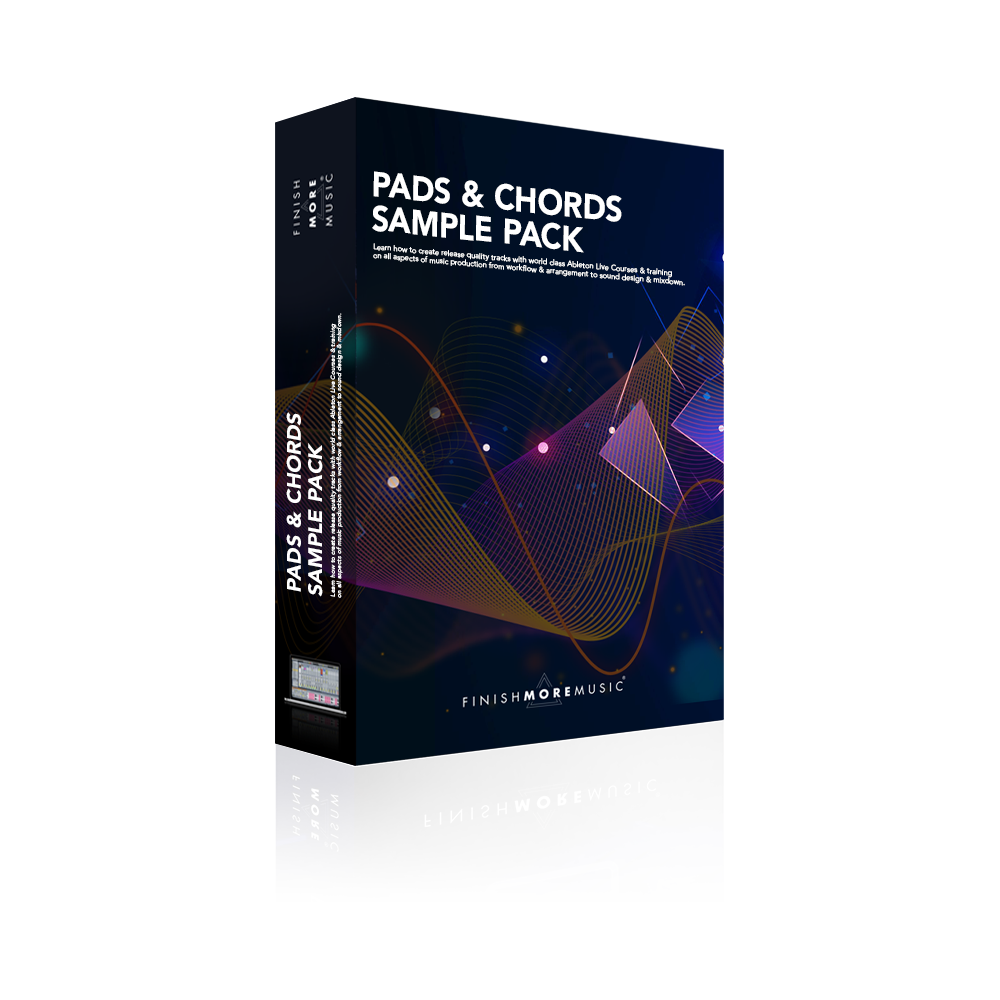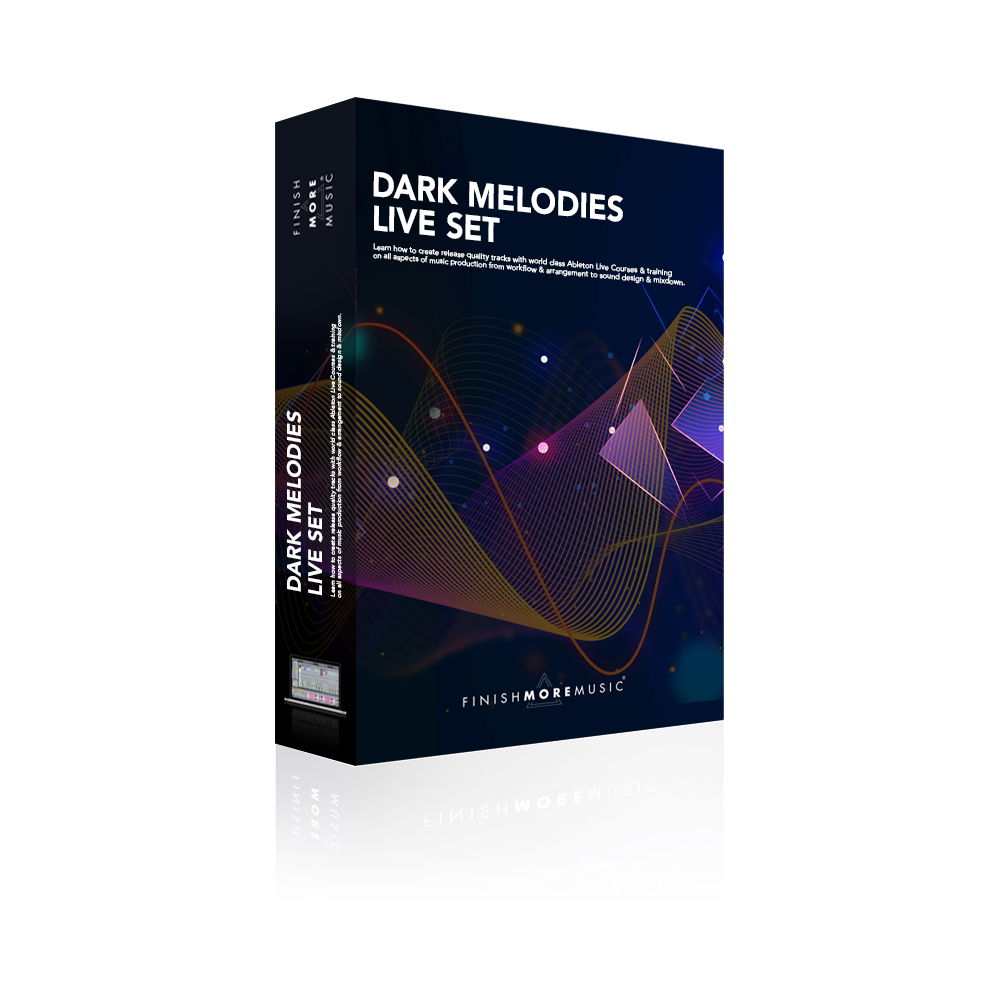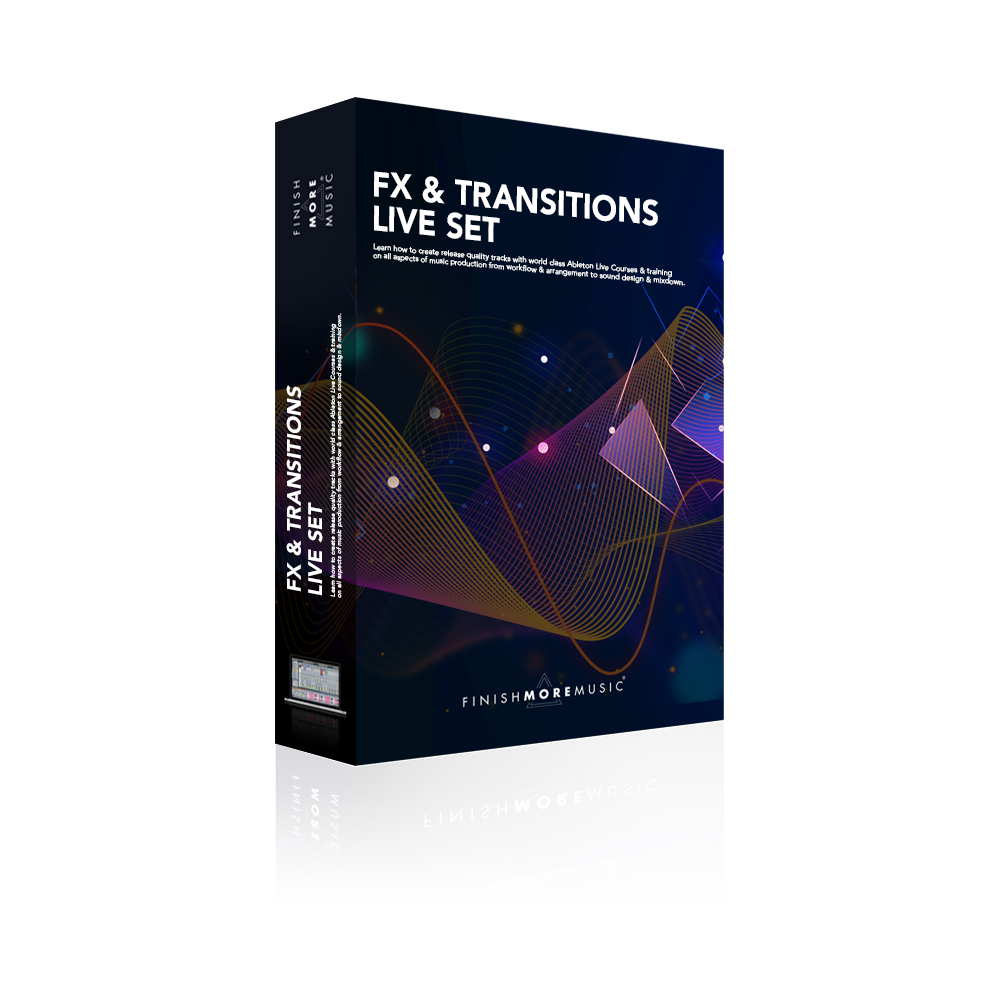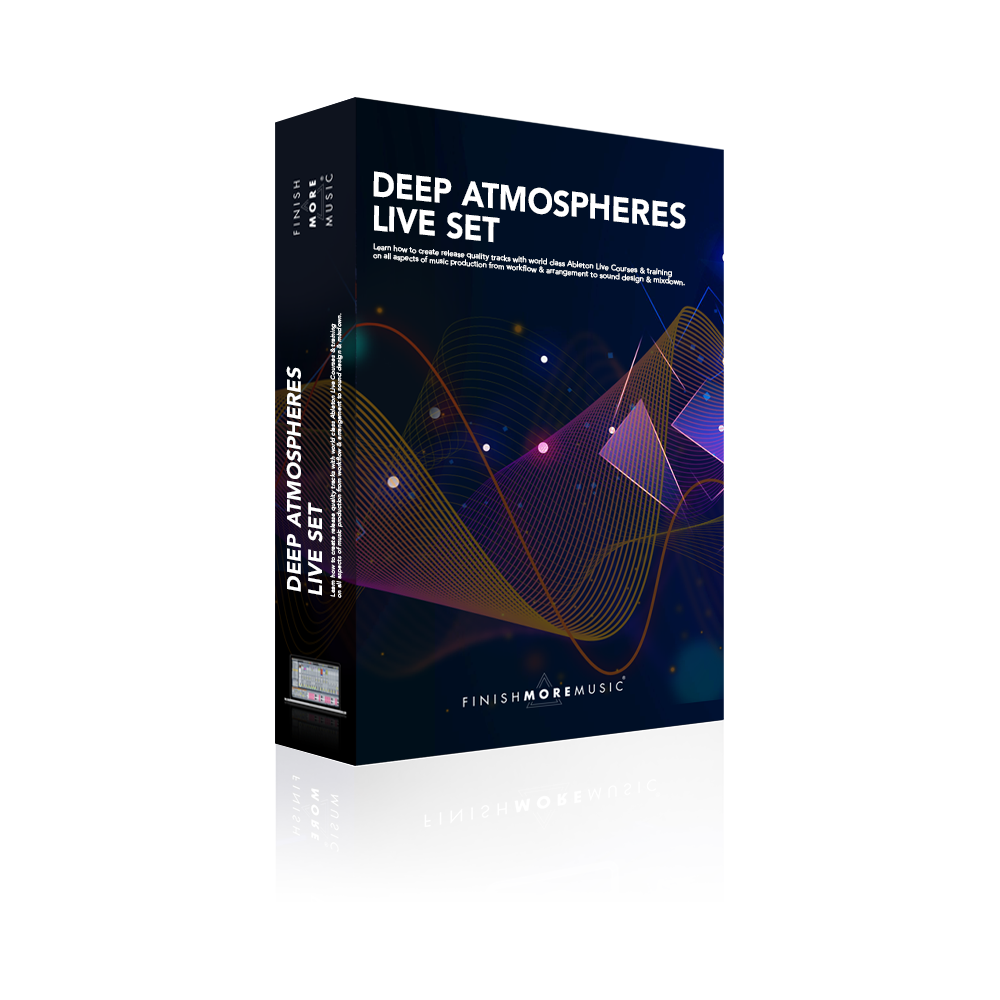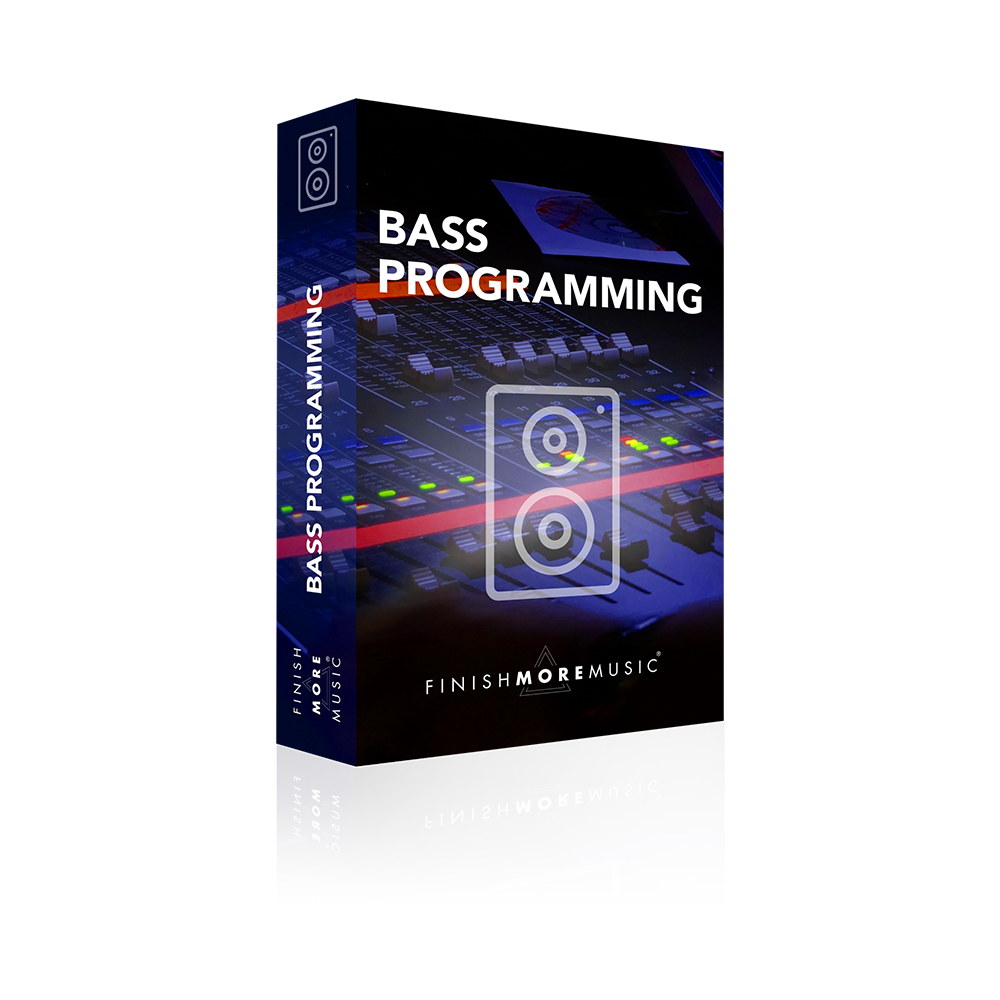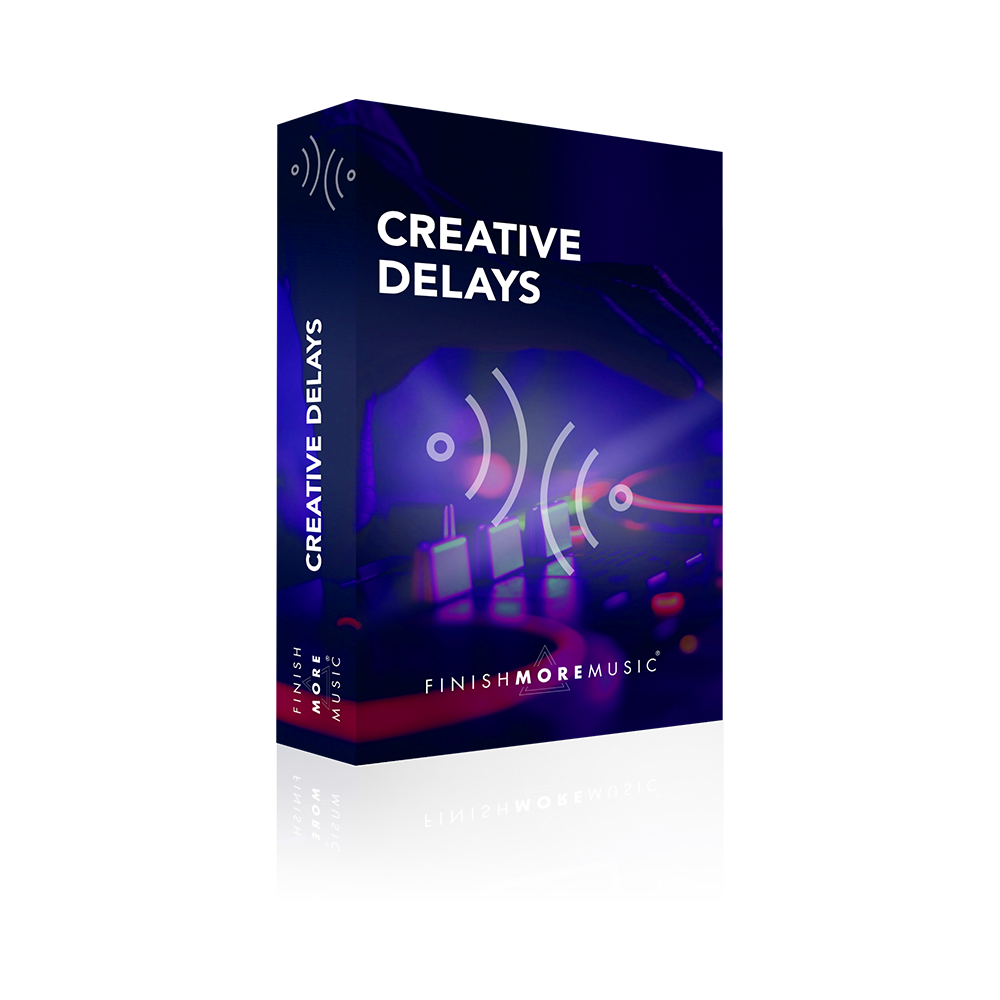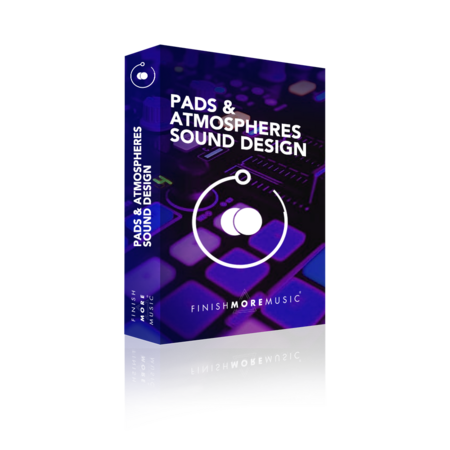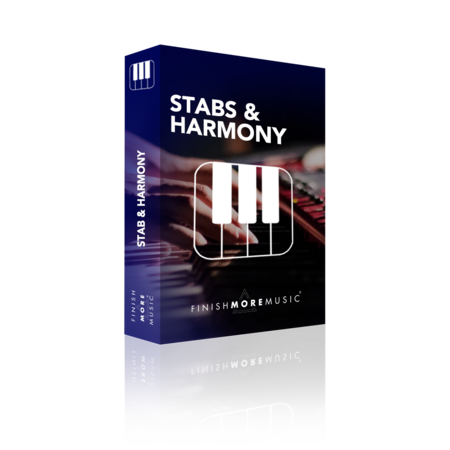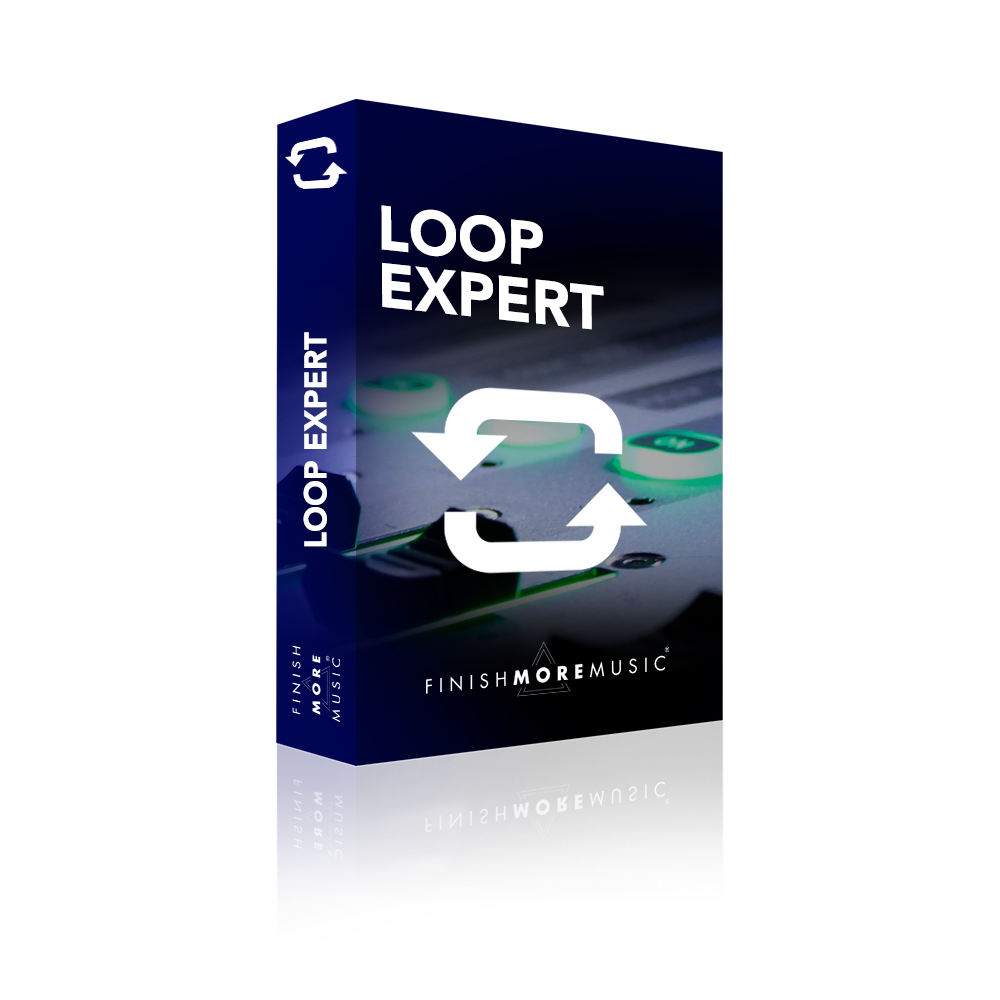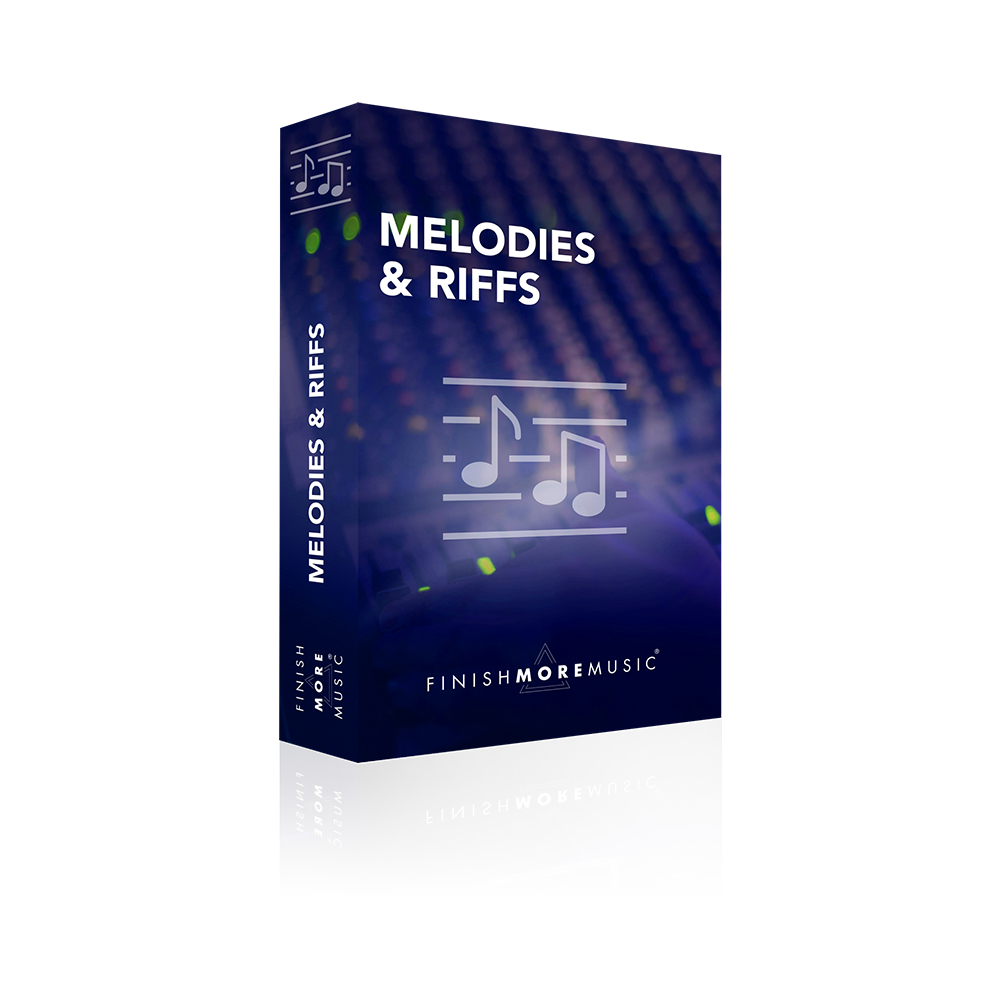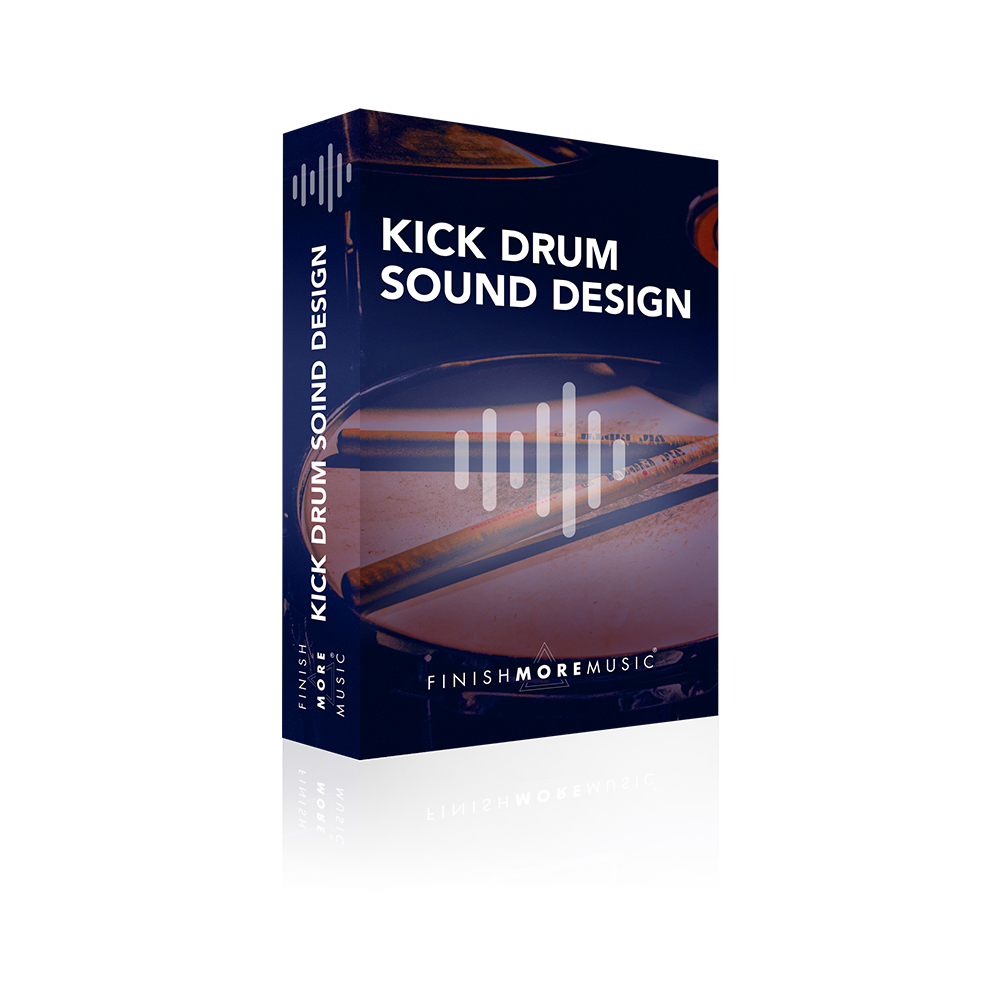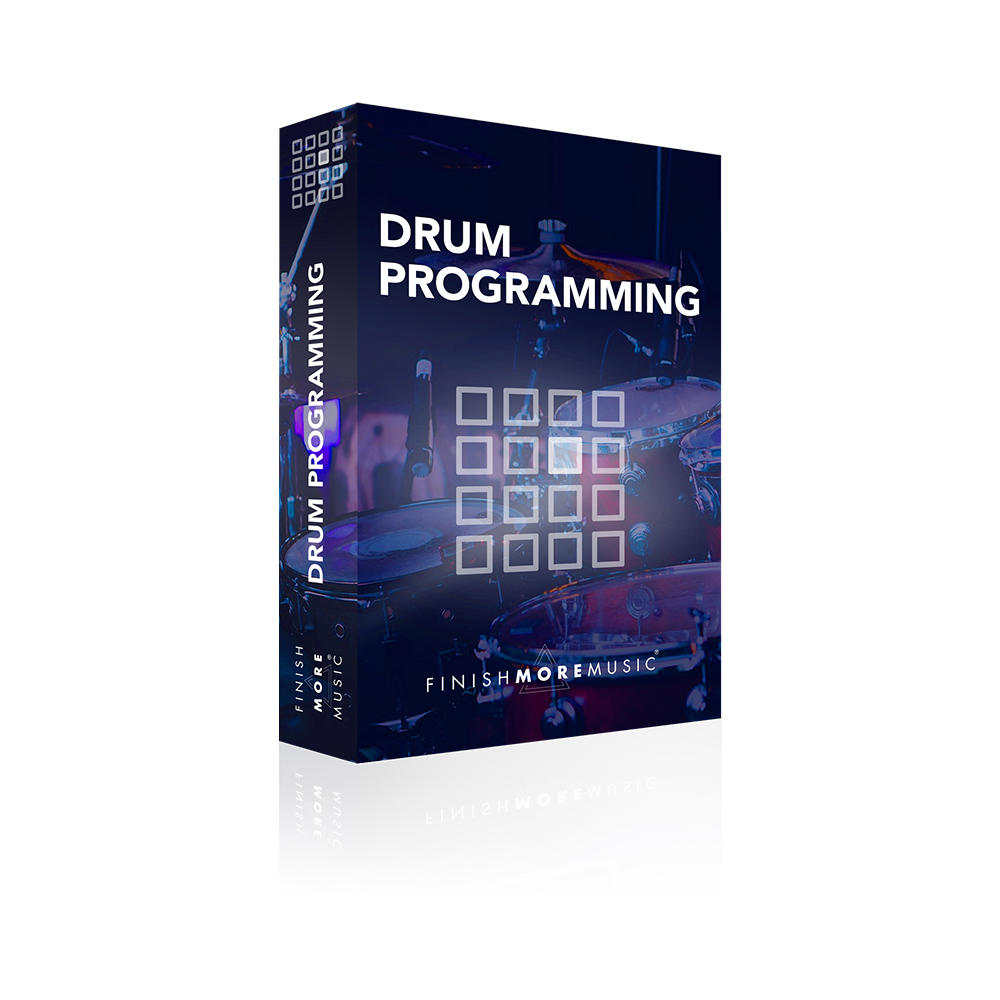FMM091 – Social Media: Are you damaging your career?
You can have your own opinions, but not your own facts.
Like it or not, social media has an enormous presence in our lives – we are more connected than we ever have been, yet we are more polarized than ever.
And for music producers it’s become an increasingly important tool to get your music heard, and it’s very rare to find success with no online presence at all.
But with that being said, what you put online has repercussions…
We all know at least one story of a high-profile DJ or celebrity that’s had their career ended because of something they’ve said online – rightly or wrongly.
So this week’s episode is all about exploring how you as a producer (and a human being) are choosing to use social media, and how this might be impacting your career now, and in the future.
This one goes deep, asking the tough questions that we could all do with asking ourselves, and ruffling a few feathers along the way I’m sure…
Get involved with the conversation, check out this week’s episode now!
Key takeaways
- Be mindful of protecting your own self-interests when choosing to post online
- Ask yourself whether you’re contributing to division, or to
Quotes
- You can have your own opinions, but not your own facts.
Loved this episode? Now try these:
- FMM052 – The Social Media Trap
- FMM089 – Matthew Benjamin & Belinda Matwali
- FMM063 – Should you be investing valuable time building a social media following?
Thank you for listening!
I really appreciate you joining me and I hope you’re enjoying the topics and taking some real value into your music sessions.
If this episode resonated with you and you feel it will have a positive impact on the people you know, please share it by using the social media buttons you see at the bottom of this page.
To make sure you are always the first to know when a new episode lands: Subscribe here.
One of the things that helps people decide if a podcast is for them, is the review section. If you’re enjoying the episodes and feel they will add value for other music producers, please leave a 60 second review and rating. Thank you 🙂

